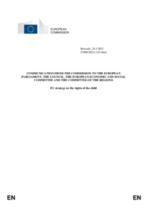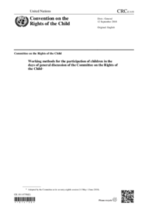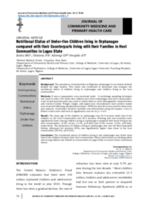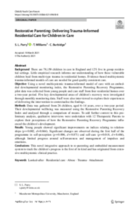Children on the Run: The Reception and Integration of Unaccompanied Minors in Israel and Germany
This article compares the reception and integration of unaccompanied minors (UM) in the two countries with a particular focus on their access to education and employment.





